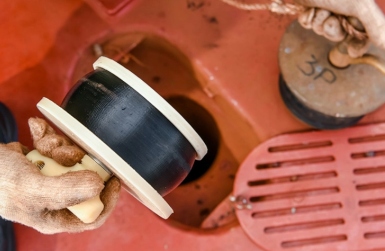
Transport Malta has published its investigation report on the total loss of power of the bulk carrier MV Leopold LD following the failure of the auxiliary engines and the emergency generator while underway in March 2019. The investigation identified lack of crew familiarization with the correct operation of the compensation damping tank.
MV Leopold LD was en route from the port of Saldanha Bay, South Africa, to Hamburg, Germany, carrying iron ore. On 14 March 2019, the only running Continue reading “MV Leopold LD: Total loss of power while underway linked to poor crew familiarization says Transport Malta report”










